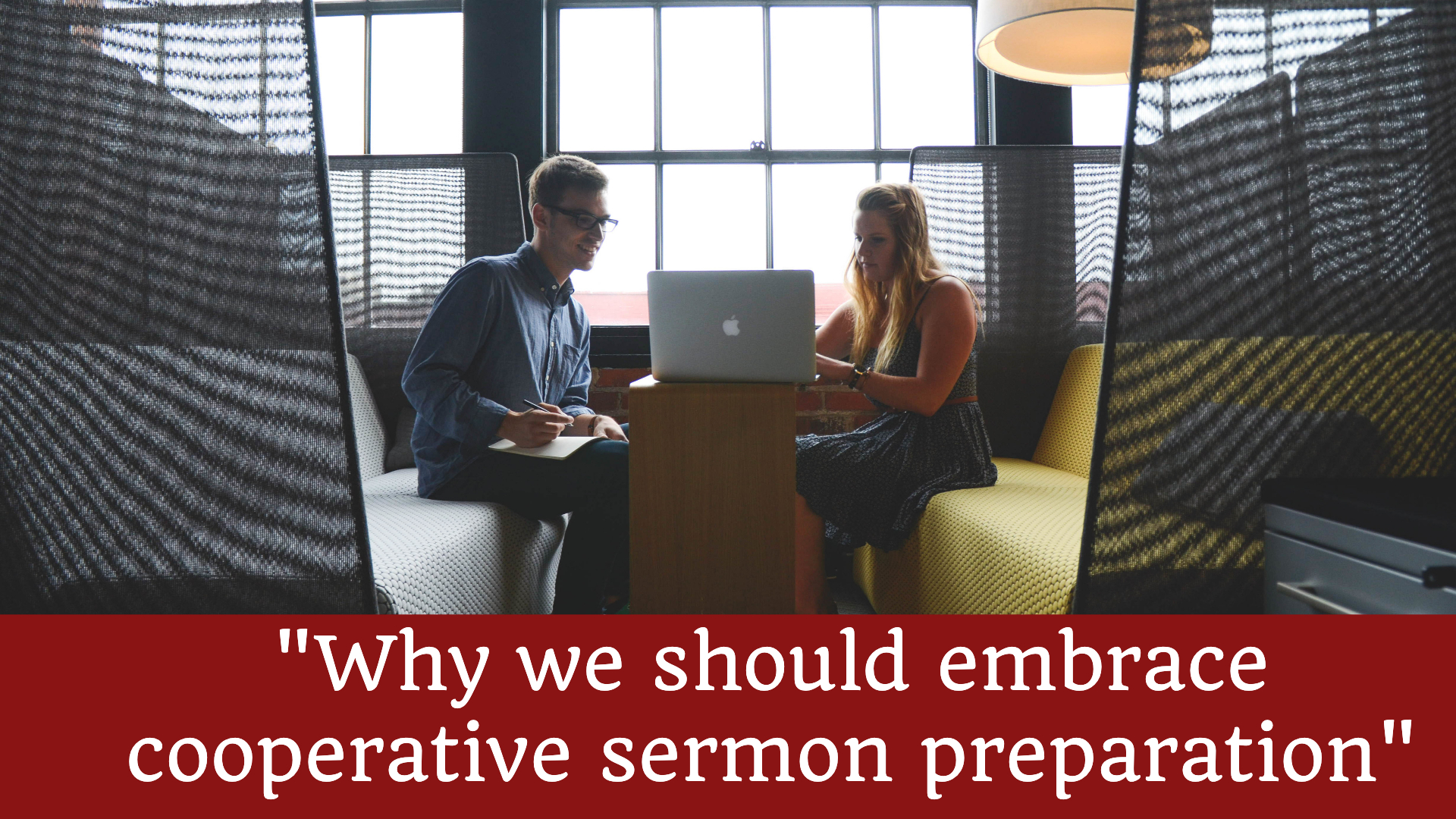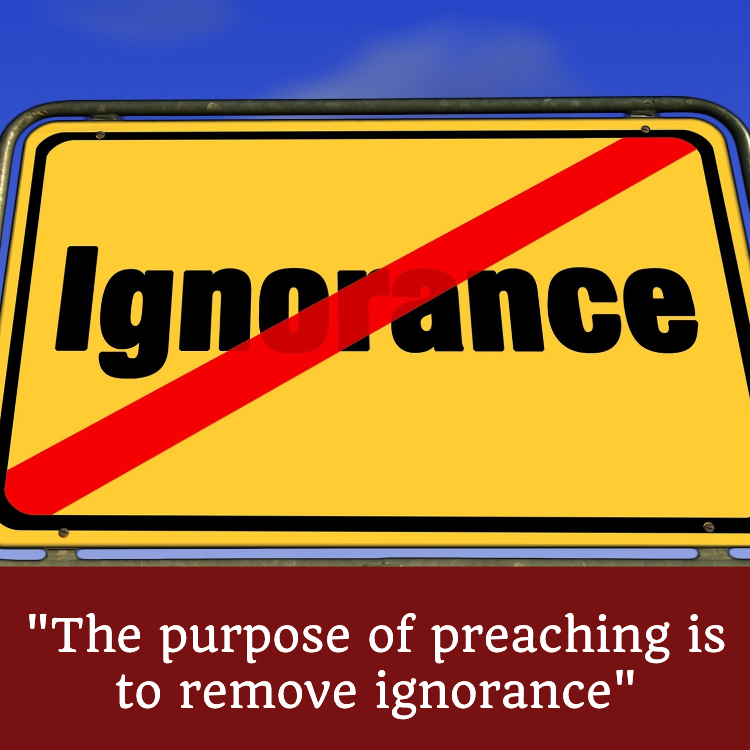Tuesday Teaching Tips, Episode 199
What are you working on in your sermon preparation? Not the text. I mean, in what area of sermon preparation are you aiming to grow?
Last week my good friend Rob Payne sent me a link to an article. The title: “12 things TEDx speakers do that preachers don’t”. Now, before you switch off either because you think there are not enough parallel connections between preaching and TED talks, or because 12 is overwhelming (!), I’ve only got one point for us today.
I reviewed the article and broadly agree with all the 12 points. Some are more relevant than others and will depend on the context of our preaching. However, what I was looking for was not whether I agreed, but whether there was one point that applied to myself.
I found one. It was his third point of 12. He called it, “Collaborate”. It follows his advice to make a list of all the evidence you want to use and then cutting out everything not of direct relevance. Here is the text of the point 3 paragraph,
“Consider making this list with a trusted friend, someone who isn’t an expert in your field.” During rehearsal stage, the [TEDx] guide recommends “listening to criticism.” Calvin made it a rule for pastors in his region to collaborate on their texts before preaching. Personally, I wish we didn’t see the sermon prep as a lone-ranger event: Why not ask the perspectives of people who represent those who will be listening to this thing, believers and nonbelievers alike?”
Let me tease this paragraph apart and address its components:
- Make a list with a friend. In other words, when we sit down to consider all of what could be said about a topic text, why not do it together with someone else? Someone who is not “an expert in your field”. Why? Because they will come at this topic from a different direction. They bring different interests, values and experiences to the table.
- Rehearsal stage. I don’t rehearse my sermons as a rule. I do speak parts of them out loud when I go for prayer walks and share them with my Father in heaven. He helps me refine my sermons. But I don’t go over them with people in advance. Perhaps I could do so, or, especially at this time of social isolation, do it online, or record a snippet and send it to some friends for feedback.
- Lone ranger. Where did the idea come from that teachers and preachers would prepare their lessons in isolation from other people? Was it always thus? There is a balance to be struck here. Any lesson must have the authenticity of personal thinking developed into personal conviction. But, collaborative preparation does not compromise that aim.
- Ask the listeners. Could we ask more from our congregations? What do they think? What do they see as to what would be most helpful? Likely you know some non-believers who will be coming on Sunday. People who have been coming regularly, teenage children of members, and others. Could you ask them in advance?
Some practical thoughts:
- Decide your text or topic well in advance. I’ve covered the significance of this many times in previous recordings. There are multiple reasons for doing this, but one of them is certainly giving ourselves and other people enough time for effective and meaningful collaboration.
- Broadcast widely. There are many tools for soliciting a wide variety of inputs. Record a video post it on a Facebook page giving a brief outline of what you are intending to speak on and the text.
- Broadcast narrowly. Call up or message specific individuals whose feedback you would value.
- Specific questions. We are bombarded with WhatsApp messages, text messages, emails and more. It would be easy for your request to get lost in the weeds. Be specific about what you want – it makes a big difference. Include a “because” – you will notice a far higher take-up. In other words, don’t ask “What do you think of this passage?”. Instead, something more like, “What you see is the most controversial part of this passage and why? Please get back to me by Wednesday because I’m doing my sermon preparation on Thursday morning.”
Collaboration is one of my weaker areas. I’m working on it for my next sermon this coming Sunday and will make it a focus for at least a few weeks. Perhaps that’s not your area of needed growth. If yours is different, why not let me know. If you’re strong in the area of collaboration, please let me know what you’re doing, how it’s working, and the benefits you are seeing.
Please add your comments on this week’s topic. We learn best when we learn in community.
Do you have a question about teaching the Bible? Is it theological, technical, practical? Send me your questions or suggestions. Here’s the email: malcolm@malcolmcox.org.
If you’d like a copy of my free eBook on spiritual disciplines, “How God grows His people”, sign up at my website: http://www.malcolmcox.org.
Please pass the link on, subscribe, leave a review.
“Worship the LORD with gladness; come before him with joyful songs.” (Psalms 100:2 NIV11)
God bless, Malcolm
PS: You might also be interested in my book: “An elephant’s swimming pool”, a devotional look at the Gospel of John



